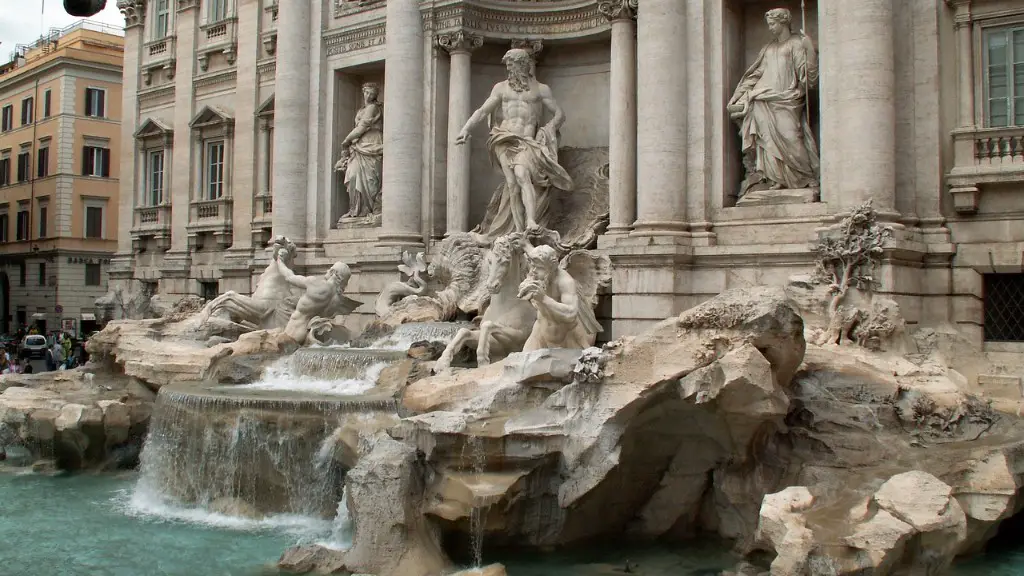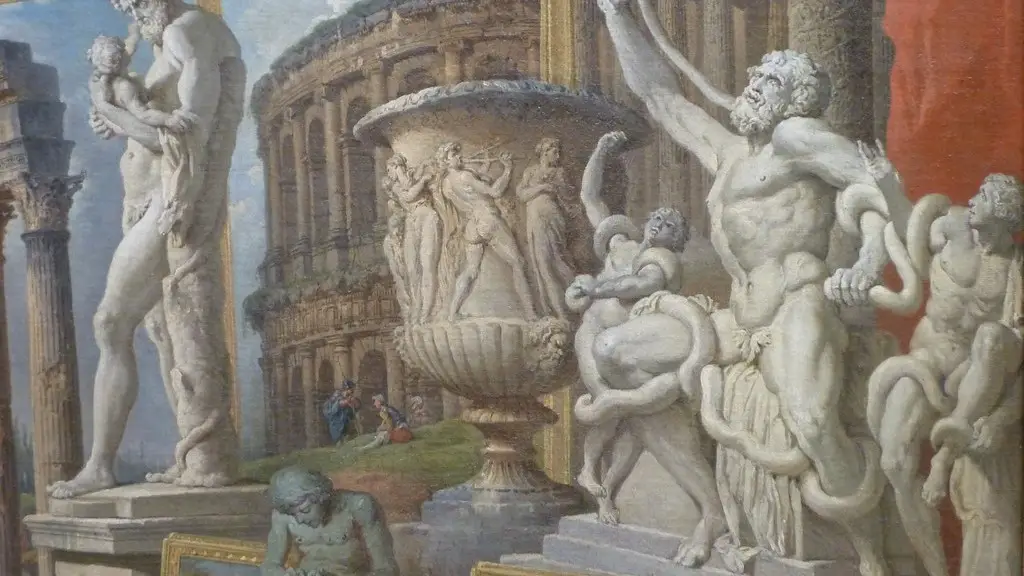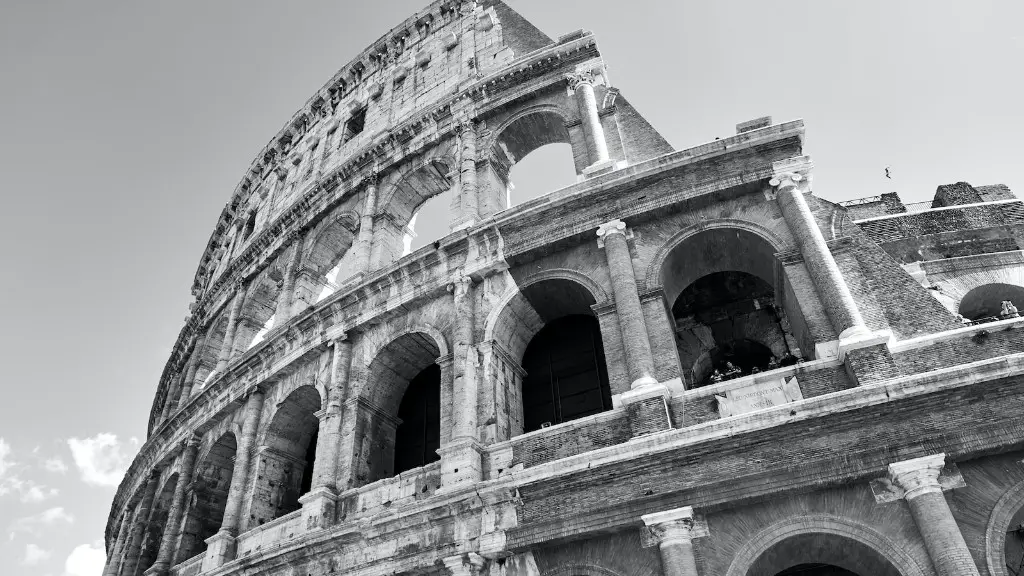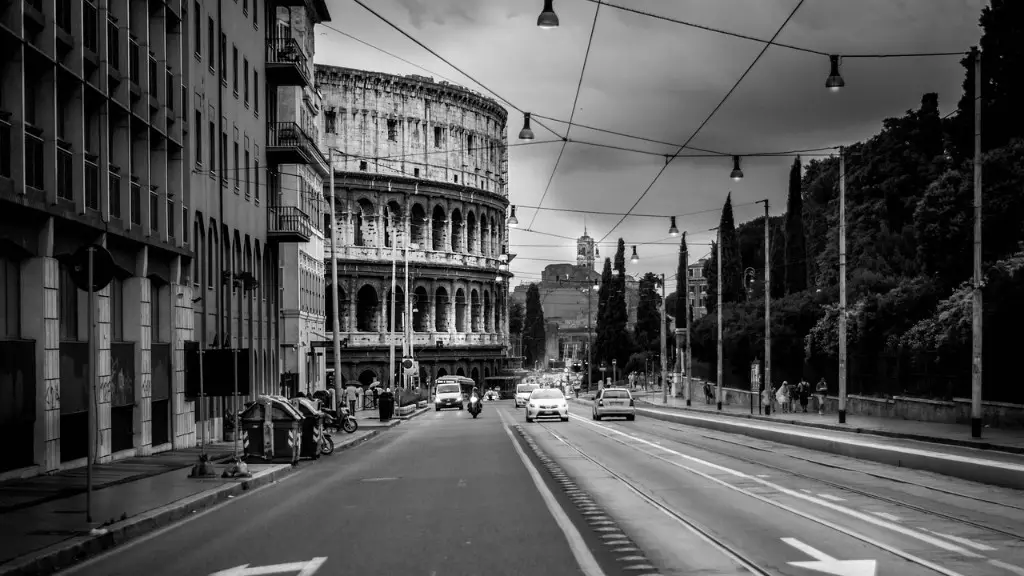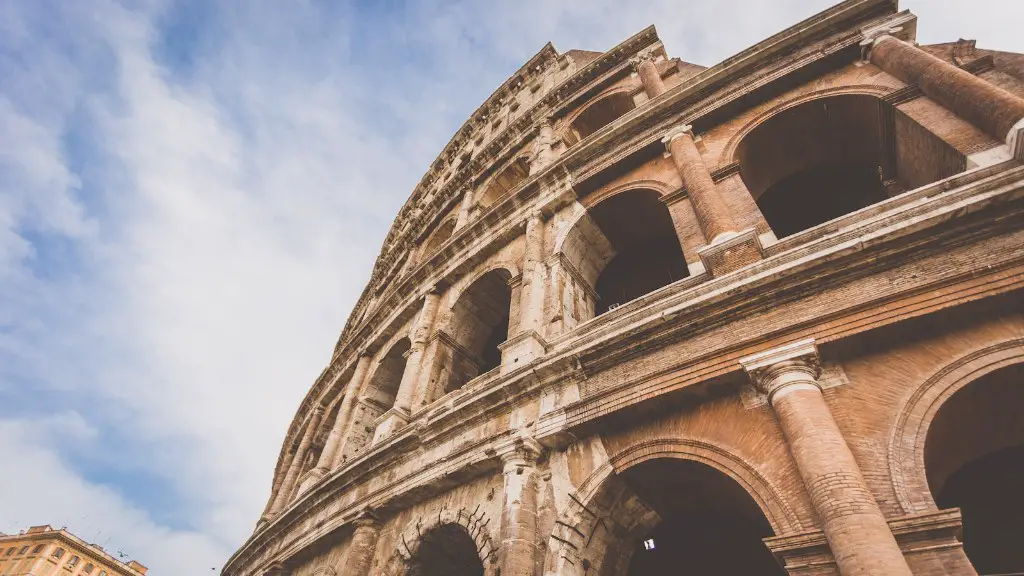The ancient Romans are well known for their impressive infrastructure, society, and government. For centuries, the Roman empire was one of the most powerful and influential civilizations in the world, and this was due in part to their effective system of government. So, what type of government did ancient Rome use? Let’s take a closer look!
At its height, ancient Rome was considered a republic and was governed by laws and customs determined by elected officials. Under the Roman Republic, the primary governing body was made up of two consuls, who were elected annually. These two officials had absolute power over the Roman government, and they could make and implement laws, appoint officials, and command military forces. Additionally, they were aided by an assembly of citizens, which included representatives from each of Rome’s major groups, such as the wealthy patricians and the lower-class plebeians.
The Roman Republic also had an elected legislature made up of three branches: the Senate, the Assembly, and the Plebeian Council. The Senate was the most powerful of these three branches and was made up of 300 esteemed members. This group of influential and affluent citizens outlined laws, conducted foreign affairs, and declared war. The Assembly, which was made up of elected representatives from each of the tribes, had authority over the state’s finances and passed laws. Finally, the Plebeian Council was composed of all Roman citizens, and it was responsible for electing magistrates, appointing officials, and serving as a high court of appeals.
Another source of power in ancient Rome was the influence of the aristocracy, which was made up of wealthy and powerful individuals. The aristocracy had significant control over various aspects of governing the Roman Republic, including appointing officials, influencing laws and regulations, and determining how resources were distributed. Furthermore, the aristocracy had a major impact on how business was conducted and often sought to maintain the status quo in order to preserve their own political, economic, and social power.
In addition to the consuls, Senate, Assembly, and aristocracy, the roman government also relied on a diverse array of magistrates, advisors, and generals. Magistrates were appointed to oversee certain tasks and advised the government on various matters. Generals were responsible for leading the Roman army in times of war, and they were often appointed by the consuls. Finally, advisors to the consuls provided important advice and counsel on various matters, often with regards to foreign relations.
Ultimately, the ancient Romans had a complex and well-organized form of government. This system of government was one of the many factors that helped the Roman empire become one of the most powerful civilizations of its time.
The Impact of the Roman Government
The structure and organization of the Roman government had a profound impact on both the empire’s political and cultural development. On the political side, the respective roles and responsibilities of the consuls, Senate, Assembly, and plebeians set the groundwork for a system of checks and balances. This in turn created an environment where officials had to work together to achieve their objectives and allowed for more effective laws and policies
Culturally, the Roman government had an equally profound impact. The official language of the Roman Republic was Latin, and this language served to unite the empire. Additionally, the Roman educational system was based on the principles of the republican government, and this helped foster a greater understanding and appreciation of philosophy, logic, and rhetoric. The Roman government also had a major effect on the arts, with the promotion of public performances, poetry, and sculpture.
Ultimately, the system of government in ancient Rome played a major role in the development of the Roman Republic and empire. This system provided the foundation for a strong and effective government that fostered both political and cultural progress.
The Decline of the Roman Government
By the mid-3rd century CE, the Roman Republic had succumbed to the pressures of competing factions and had been replaced by the Roman Empire. This transition was largely due to the ineffectiveness of the Roman government and the lack of a unified ruling system. As the Roman government became increasingly corrupt, it was unable to cope with the demands of its growing empire and was eventually replaced by the Roman Empire.
Under the Roman Empire, the emperor had absolute power and was responsible for appointing officials and formulating policy. This system of government weakened the Senate, Assembly, and plebeians, and instead placed all power in the hands of the emperor. Furthermore, the emperor had the ability to directly intervene in the workings of the Roman government and could override laws and policies passed by the Senate and other governing bodies.
The decline of the Roman Republic and the transition to the Roman Empire were also due in part to a number of other factors. The Roman economy was strained due to military expenses, resulting in high taxes and political unrest. Additionally, the Roman currency was in decline due to the increasing devaluation of the denarius, the official Roman currency. Finally, the rise of Christianity weakened the traditional Roman religion and disrupted the government’s traditional sources of power.
Ultimately, the decline of the Roman Republic and the transition to the Roman Empire were the result of a myriad of factors and circumstances. The Roman government was unable to cope with the demands of its empire, resulting in its decline and replacement by the Roman Empire.
The Legacy of the Roman Government
Despite the decline of the Roman Republic and its transition to the Roman Empire, the legacy of the Roman government remains an integral part of today’s society. Many of the principles and structures of the Roman government, such as an assembly of citizens, the tripartite government, and the influence of the aristocracy, continue to be found in modern democracies. Additionally, the Latin language continues to be used in many legal and governmental proceedings, and it has had a major impact on European languages.
Finally, the Roman education system has also had a tremendous impact on the modern world. The system focused on logical reasoning, rhetoric, and the study of important texts, and these principles continue to be found in today’s educational systems. Furthermore, the Roman government placed a strong emphasis on public performances, poetry, and sculpture, and these continue to be important aspects of the cultural landscape of today.
Ultimately, the legacy of the Roman government continues to be seen in the political, cultural, and educational spheres. Many of the structures and principles of the Roman government have left a lasting impression on modern society and continue to shape the world we live in today.
Conclusion
The ancient Romans developed an impressive and complex system of government that had a lasting impact on the political, cultural, and educational spheres. The Roman Republic, which was overseen by two consuls and aided by an assembly of citizens and strong aristocracy, provided a strong foundation for a powerful, unified government. However, this government eventually declined, as it was unable to cope with the demands of the empire. Despite its decline, the legacy of the Roman government continues to be seen in modern society, from the principles of democracy to the study of Latin and the appreciation of the arts.
